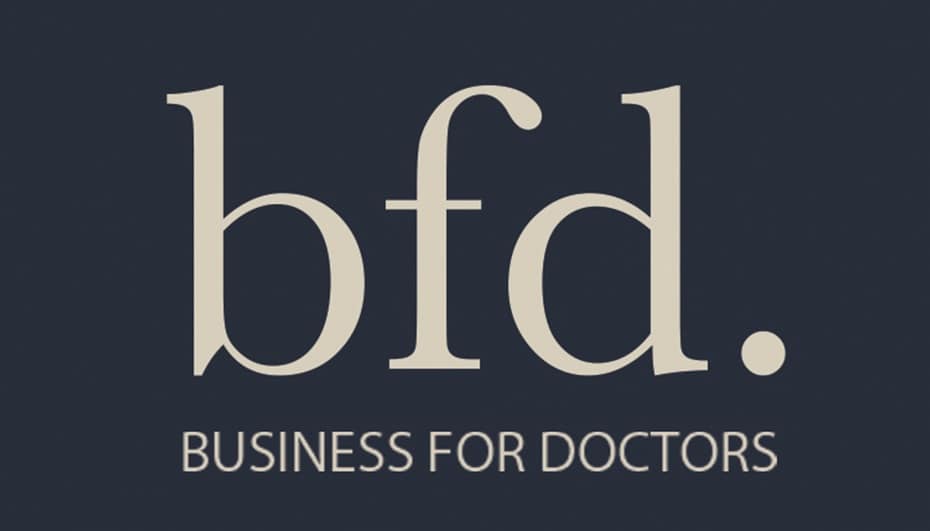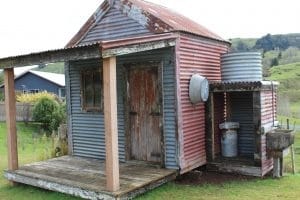
Full-time university is over and you have avoided the temptation. There are frequent offers of student advancement based on your future financial viability There are potentially a few bills due that has crept its way into your final few years that need to be cleared. But what then?
Why Property?
Any financial advisor will steer you towards property investment. The long term returns on property has historically resulted in solid returns over 7-10 years. This all depends on when you enter the property market, but ultimately the sooner the better.
Property routinely returns 7-10%. This is more then three times that offered on term deposits. More importantly investing $50,000 as a deposit on property acts as a leverage. This allows you to use the banks low interest money to increase you equity base as property values increase. Essentially the money you borrow at 4% returns at least 7% over a number of years. This gives you a 3% increase, as well as the 7% increase on the money you invest.
Investment properties have the added value of reducing taxable income through negative gearing. This may not be your primary consideration in your junior medical years, but ultimately a well structures investment will offer ongoing tax advantages.
Owner-Occupied Property
Emotional buying often results in bad investments. If you are intent on being an owner-occupier to reap the rewards listed below then consider the viability of turning your home into a rental. Overcapitalising, buying for “the long-term” and falling ‘in love’ are not congruent to wise investments.
The most valid reason for owner-occupied is access to finance. Banking institutions will frequently offer 100% loans, or 95% LVR without mortgage insurance to health professionals. This may result in you stepping over the threshold long before you intended buy using the banks money rather than saving the deposit yourself.
The second reason for owner-occupied is the capital gains exemption of properties. Living in your property for 12 months will allow you to revert your property to investment for 6 years before being liable for capital gains tax.
Reality is, even with a now reasonable income it could take two years to save a deposit for an investment property that may require a 10-20% deposit. On the other hand it may only take 9-12 months to save for an owner-occupied property, and those 12-15 months you have occupied those premisses represented your “rental money investment” into your future property portfolio.
Investment Property
Young people with minimal overheads living with family can benefit the greatest from buying a Investment property prior to an Owner-Occupied. Those lucky enough to live rent-free in their parents house can utilise those first few income producing years to steam ahead in building their portfolios.
There is a possibility of very early property investment in a career. This often occurs when a guarantor is accepted as security against your investment. This offers an ideal situation to borrow to the maximum capacity and negative gear the full interest payments. A trusting relationship with your parents of sibling may enable you to access a negatively geared opportunity earlier than expected. A solicitor should always be consulted prior to signing documents, by both parties.
All costs associated with managing a property are tax-dedcuatable. Finding a good agent and investing in rental property insurance will reduce your risk of lost income and the costs of property damage.
One of the most important things to remember is that investment now doesn’t mean investment always. When buying a property you consider it suitability for you to live in. This provides similar advantages as being an early owner occupier. It also can reduce your Capital gains tax should you decide to sell.
[apss_share]




